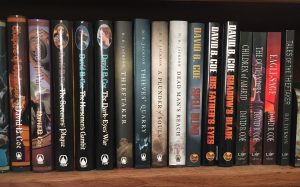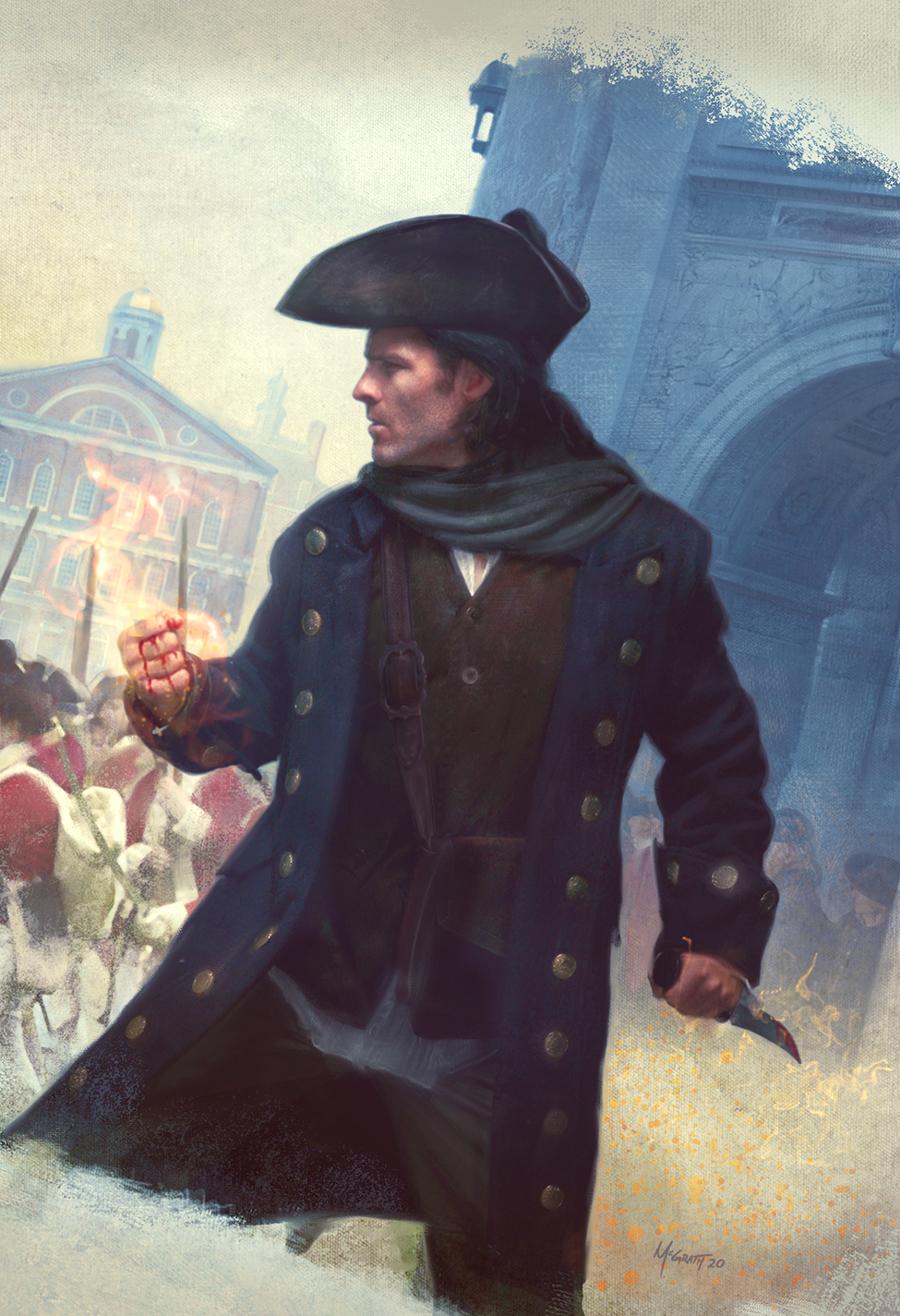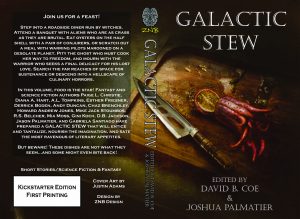As I have mentioned previously, this past weekend, and the weekend before, I participated in the Futurescapes Writers’ Workshop as both a lecturer and a workshop instructor. I gave a talk on writing epic fantasy, and then ran critique groups on fiction writing, query letters, and first pages/synopses. It was a terrific experience. I met and spent online time with new writers, all of whom were passionate and energetic and brimming with new ideas. It reminded me that our genre, and indeed the entire literary world, is constantly remaking itself. At times, publishing industry dinosaurs like me lose sight of that fact. I came away from the conference hopeful for the future of storytelling and reinvigorated with respect to my own work.
 As you might expect, I did a great deal of prep work for my various classes — I wouldn’t dream of entering settings like those if I weren’t armed to the teeth with talking points, notes, topics for discussion, etc. For one thing, I have a responsibility to my students, and I take is seriously. And, though I don’t think most people would know it to look at me and listen to me, I suffer from profound stage fright. That preparation is my armor, my spell of warding. If I prepare well, my thinking goes, I’m less likely to make a complete fool of myself. This doesn’t always work — I’m perfectly capable of looking and sounding like an idiot even when I’ve done my homework. Still, I think my strategy is sound, at least in theory…
As you might expect, I did a great deal of prep work for my various classes — I wouldn’t dream of entering settings like those if I weren’t armed to the teeth with talking points, notes, topics for discussion, etc. For one thing, I have a responsibility to my students, and I take is seriously. And, though I don’t think most people would know it to look at me and listen to me, I suffer from profound stage fright. That preparation is my armor, my spell of warding. If I prepare well, my thinking goes, I’m less likely to make a complete fool of myself. This doesn’t always work — I’m perfectly capable of looking and sounding like an idiot even when I’ve done my homework. Still, I think my strategy is sound, at least in theory…
But my reason for bringing this up is that invariably — and my Futurescapes experience was no different — my best moments as a teacher come when I step away from my prepared remarks and lesson plans, and simply open the room to questions and discussion. It’s not that what I prepare is bad, nor that am I so dazzling on my feet that my Q&As become some sort of transcendent pedagogical spectacle.
No, the magic of those open discussions lies with the students themselves. As much as I try to anticipate questions and concerns with what I prepare, the simple truth is I’m often surprised by the issues raised by my students. And those surprises almost always force me to think about the craft or the business from new perspectives. Their thoughts force me to make connections between seemingly disparate elements of professional writing, which then resonate through my thinking on a whole host of issues.
For example, since answering a question the other day about multiple points of view in a student’s story, and how we decide which elements of a narrative might best be conveyed by a specific character, I find myself rethinking the structure of my current project. With multiple point of view storytelling, our readers always have more information than any one character is likely to, allowing our readers to anticipate key encounters and perceive dangers that remain hidden from our protagonists. But how far ahead of our characters do we want our audience to be? Is it a matter of sentences? Of pages? Of chapters? And how do we decide which plot points deserve that kind of treatment?
I don’t necessarily have answers yet. And the discussion with my students didn’t wander far down this particular path. But as Robert Frost once said, “ideas are a feat of association,” and my conversations with my students have been sparking associations in my head right and left.
I believe that the discussions were similarly stimulating for my students. More than that, though, I think they were comforting. Again and again I was reminded of something that I often take for granted. Writing is a solitary endeavor — now, in our Covid world, more than ever. I am starved for the company of my colleagues, for the opportunity to drink beers with my friends and talk shop. I can’t begin to imagine how desperate I would be for that if I wasn’t a quarter century plus into my career, and all too familiar with the challenges and vicissitudes of this crazy profession. Young writers just want to talk, to hear that others are grappling with problems and harboring hopes similar to their own.
That’s why the unscripted moments of teaching often stand out as the most rewarding. Those are the times when we — student AND teacher — let down our guard a little. That’s when we step out of those strict pedagogical roles and allow ourselves — all of us — simply to be writers.
I’m so grateful to the young writers I encountered who offered me a week filled with such moments. I hope they are still buzzing with creative energy the way I am.










 And I’ll start with this: Joshua and I are generous readers. We will read an entire story, even when it’s pretty clear halfway in (or a quarter in…) that the story probably won’t make the cut. Your goal as a writer is to sell us a story, obviously. But really your goal is to make us consider your story on your terms. Here’s what I mean by that: We are expecting to get somewhere between 300 and 400 submissions, for a total of 6 or 7 slots. (Last year, for GALACTIC STEW, we received 409 and selected 7.) Read those sentences again; I’ll wait.
And I’ll start with this: Joshua and I are generous readers. We will read an entire story, even when it’s pretty clear halfway in (or a quarter in…) that the story probably won’t make the cut. Your goal as a writer is to sell us a story, obviously. But really your goal is to make us consider your story on your terms. Here’s what I mean by that: We are expecting to get somewhere between 300 and 400 submissions, for a total of 6 or 7 slots. (Last year, for GALACTIC STEW, we received 409 and selected 7.) Read those sentences again; I’ll wait.